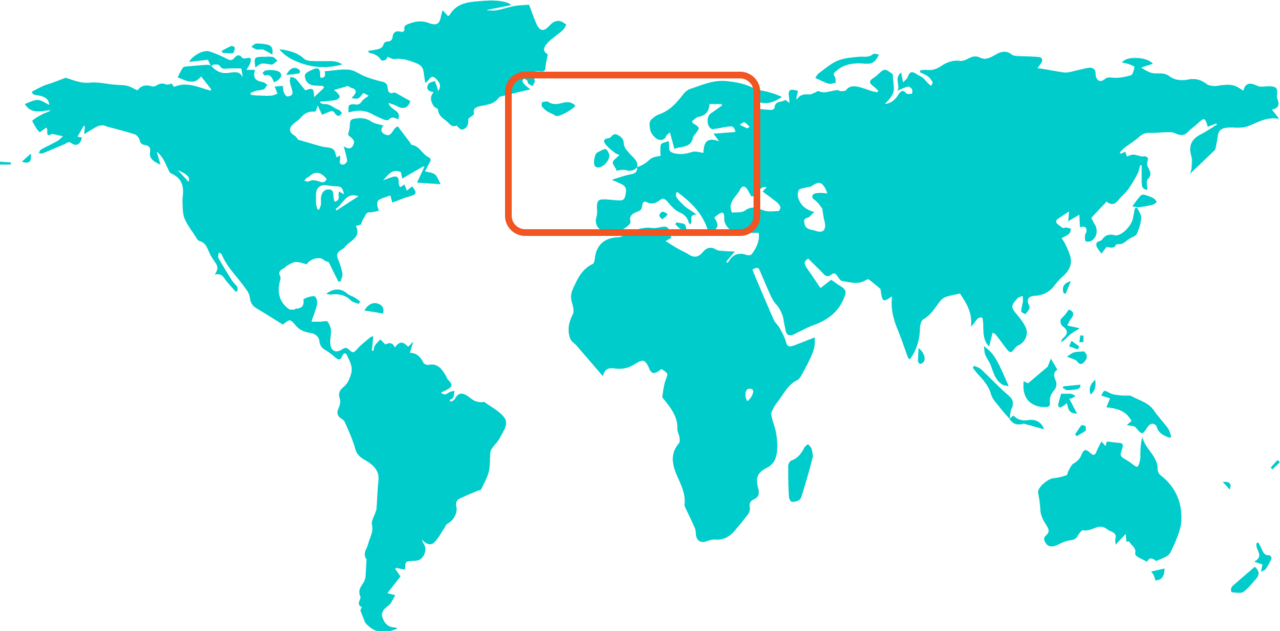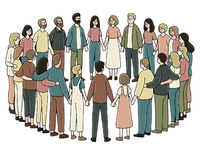Background
Europe is a continent of an estimated 741 million people. In Eastern Europe, residential care remains a common solution for orphans and vulnerable children. There are an estimated 7.3 million orphans living in Eastern Europe. Though Western Europe does not have the same challenges with residential care, the number of children in foster care or at risk of going into the system is significant. Europe still has the highest numbers of children separated from their families worldwide.
The Challenges:
- Children without parental or family care may end up in an orphanage or group home.
- More training programs are needed for families in crisis as well as for preparing foster and adoptive families to receive children.
Europe Without Orphans works to:
- Equip national leaders to collaborate in solving their country’s orphaned and vulnerable children crisis
- Build new national movements in all nations of Europe
- End the institutionalization of children through lobby and advocacy campaigns
- Strengthen crises families to prevent family-child separation and support foster and adoptive through trainings and support programs
- Engage churches to support families and promote adoption.





